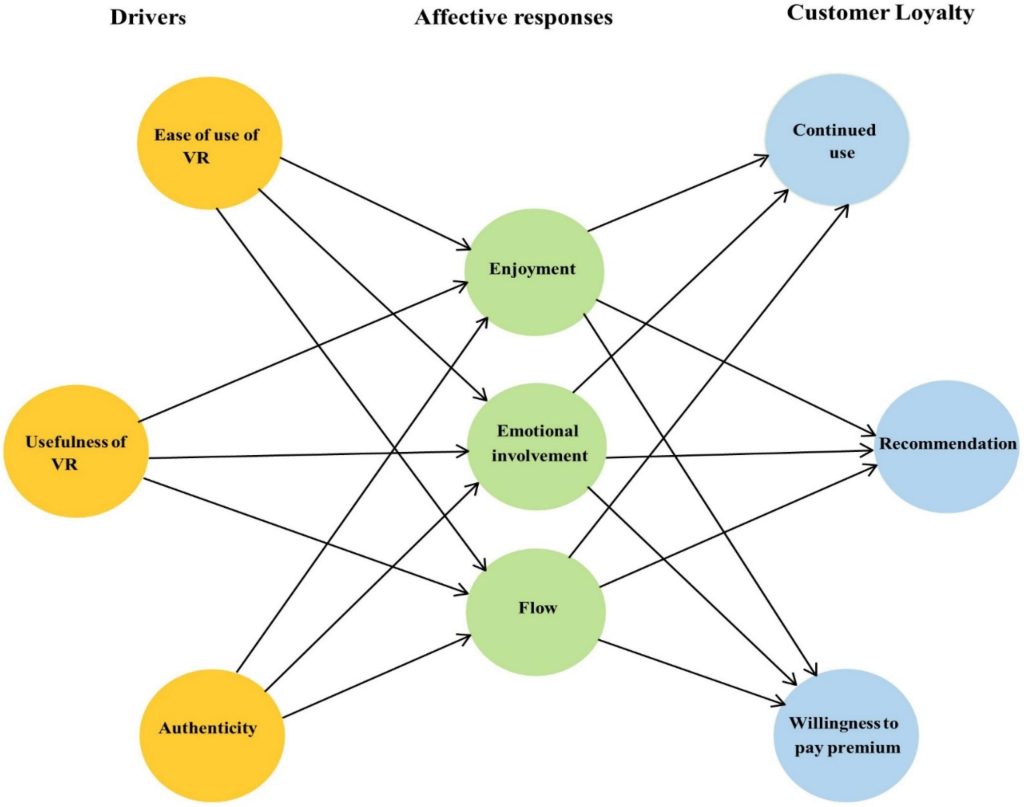
Introduction:
In the digital age, e-commerce has revolutionized the way people shop, offering convenience, variety, and accessibility like never before. Behind the screens and clicks lies a complex interplay of psychological factors that influence consumer behavior. Understanding these intricacies is paramount for businesses striving to thrive in the competitive online marketplace.
Convenience and Instant Gratification:
E-commerce caters to the innate human desire for convenience and instant gratification. With a few clicks, consumers can browse through vast product catalogs, compare prices, and make purchases from the comfort of their homes. The convenience factor significantly influences purchasing decisions, as it saves time and effort, making the shopping experience seamless and efficient.
The Power of Social Proof:
Social proof, the psychological phenomenon where people assume the actions of others in an attempt to reflect correct behavior, plays a crucial role in e-commerce. Customer reviews, ratings, and testimonials serve as social cues that influence purchasing decisions. Positive reviews build trust and credibility, reassuring potential buyers about the quality and reliability of a product or service.
Scarcity and Fear of Missing Out (FOMO):
E-commerce platforms often utilize scarcity tactics to create a sense of urgency and stimulate demand. Limited stock notifications, countdown timers, and flash sales trigger the fear of missing out (FOMO) among consumers, compelling them to make impulsive purchasing decisions to avoid regret. The perception of scarcity enhances the perceived value of a product and intensifies the desire to acquire it before it’s too late.
Personalization and Tailored Recommendations:
Advancements in technology enable e-commerce platforms to leverage data analytics and machine learning algorithms to personalize the shopping experience. By analyzing past behavior, preferences, and demographics, businesses can deliver tailored product recommendations, customized promotions, and personalized marketing messages. Personalization enhances engagement, fosters loyalty, and increases the likelihood of repeat purchases.
Cognitive Biases and Decision Making:
Consumer decision making in e-commerce is often influenced by cognitive biases, subconscious mental shortcuts that lead to irrational judgments and behaviors. Anchoring bias, confirmation bias, and the decoy effect are just a few examples of biases that affect online purchasing decisions. Understanding these biases allows businesses to design persuasive marketing strategies and optimize website layouts to nudge consumers towards desired outcomes.
Emotional Engagement and Brand Loyalty:
E-commerce success relies on creating emotional connections with consumers and fostering brand loyalty. Engaging storytelling, compelling visuals, and authentic brand narratives resonate with consumers on a deeper level, eliciting positive emotions and forging lasting relationships. By prioritizing customer satisfaction, addressing grievances promptly, and delivering exceptional experiences, businesses can cultivate loyal advocates who champion their brand.
Conclusion:
In the ever-evolving landscape of e-commerce, understanding the psychology behind consumer behavior is paramount for businesses seeking to thrive in the digital marketplace. By leveraging insights into convenience, social proof, scarcity, personalization, cognitive biases, and emotional engagement, companies can craft compelling strategies that resonate with their target audience, drive sales, and foster long-term loyalty. As technology continues to evolve, businesses must remain agile and adaptive, continuously refining their approaches to meet the evolving needs and expectations of consumers in the dynamic world of e-commerce.